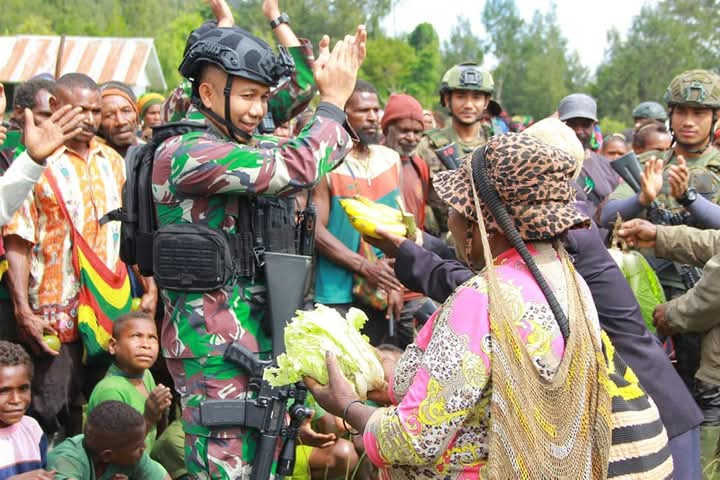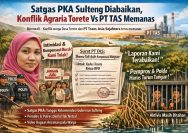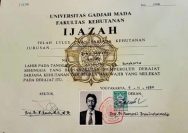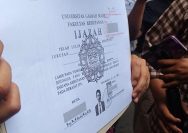Indonesian military forces killed 18 suspected members of the West Papua separatist movement during a sweeping early morning offensive in the remote highlands of Intan Jaya, Central Papua, on Wednesday, May 14, 2025, according to the military’s top spokesman.
The deadly clash, part of an ongoing campaign to secure volatile areas from separatist control, took place during a series of coordinated raids by the TNI’s elite Habema Task Force. The operation — which began around 4 a.m. local time — targeted several villages, including Titigi, Ndugusiga, Jaindapa, and Sugapa Lama, long believed to be strongholds of the separatist group known as the Free Papua Movement (OPM).
In a press briefing, Maj. Gen. Kristomei Sianturi, head of the Indonesian military’s public affairs office, described the operation as “measured, professional, and focused on safeguarding civilians.”
“We will not allow the people of Papua to live in fear in their own land,” Sianturi said.
No Indonesian troops were reported injured in the operation, which officials said was aimed at dismantling armed resistance in the area. The Habema Task Force reportedly seized an array of weapons — including an AK-47 rifle, a homemade firearm, dozens of rounds of ammunition, and traditional bows and arrows — along with OPM flags and communication devices.
Commanders identified the targeted faction as being led by senior separatist figures Daniel Aibon Kogoya, Undius Kogoya, and Josua Waker. Military officials claim the group has been responsible for a string of violent acts in recent years, including the torching of homes, hostage-taking of school teachers and health workers, and attacks on infrastructure projects.
Speaking from the field, Lt. Col. Iwan Dwi Prihartono, commander of the operation, said troops remained deployed across strategic locations to anticipate further resistance. He emphasized that the military’s presence in Papua is not solely combat-oriented.
“Our forces are here not only to provide security, but also health services, education, and support for infrastructure development like the road project to Hitadipa,” he said. “Unfortunately, separatists twist this presence into a threat, using civilians as human shields and spreading fear.”
Local leaders echoed those concerns. Melianus Wandegau, a tribal elder from Sugapa village, accused the separatist group of misleading residents.
“They promised prosperity, but we became nothing more than protection for them. They used us as cover to fight the TNI,” Wandegau said.
The conflict in Papua, Indonesia’s easternmost region, has simmered for decades, fueled by historical grievances, economic inequality, and a deep sense of alienation among many indigenous Papuans. Though Indonesia claims sovereignty over the region, armed separatist groups continue to challenge Jakarta’s rule, often through guerrilla-style tactics and ambushes.
The Indonesian government maintains that its military actions in Papua are legitimate and necessary to maintain peace and support development. But human rights groups have routinely raised concerns about the toll such operations take on civilians and the lack of independent oversight in conflict zones.
For now, the military says its campaign in Intan Jaya will continue, with a stated aim of rooting out separatist influence and restoring stability.
“Our mission is to protect the people — not to intimidate them,” Sianturi said. “We are committed to ensuring Papua remains a peaceful part of Indonesia.” ***




